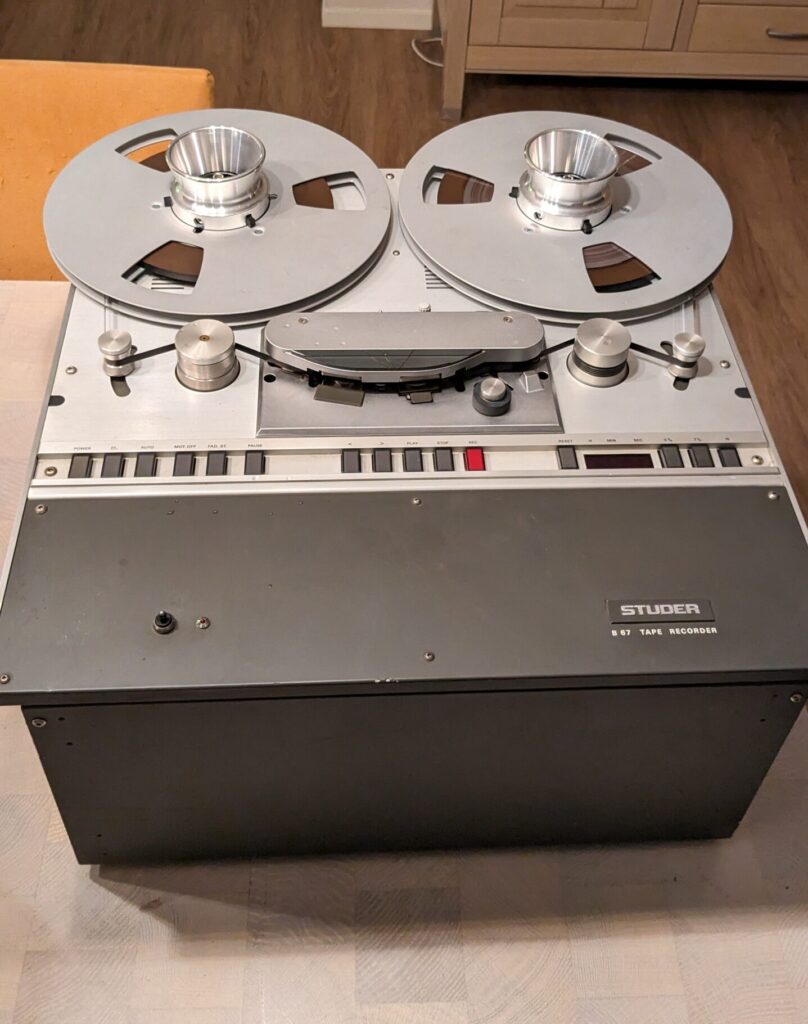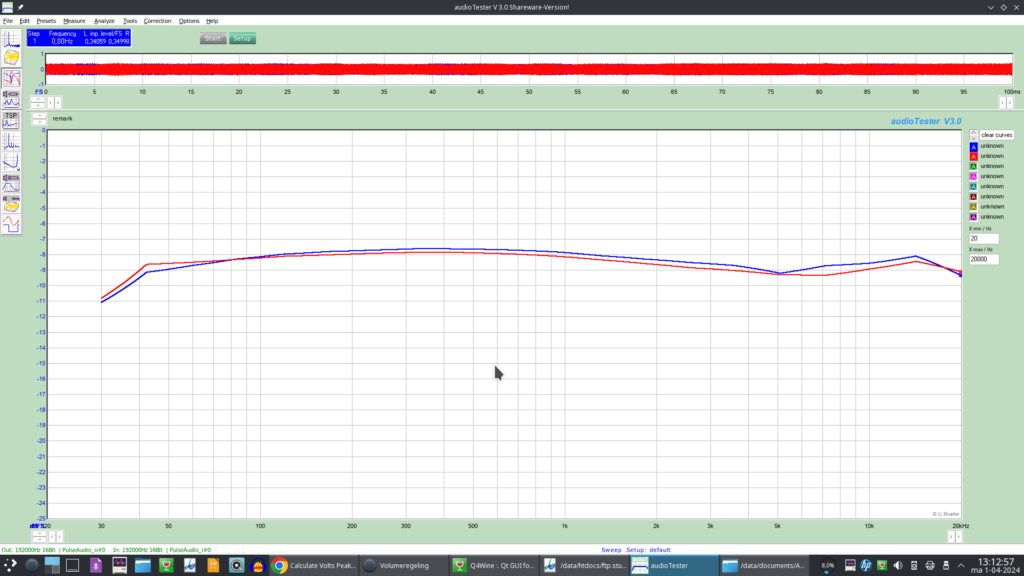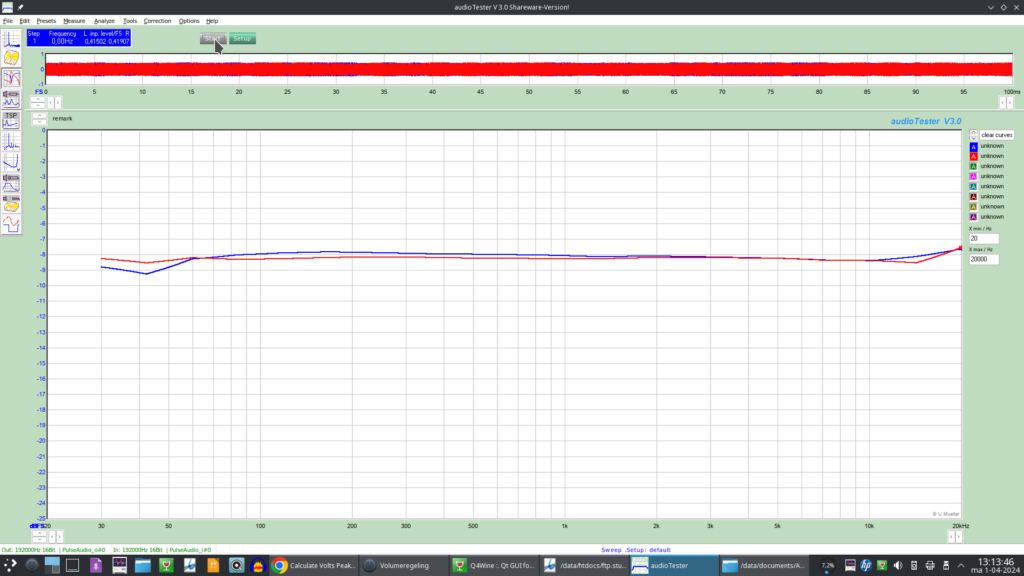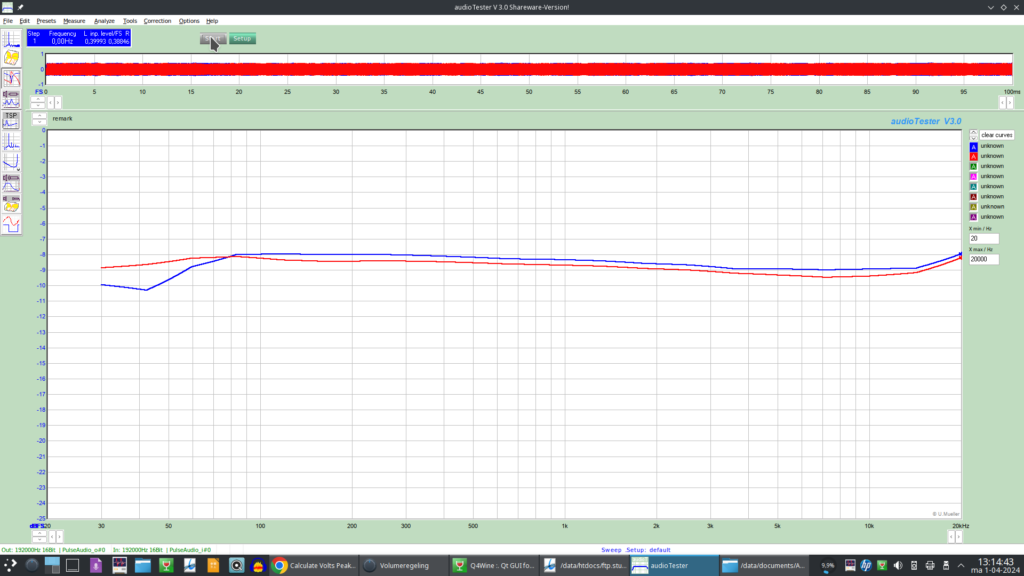Recently I got in contact with the owner of a Mastering Studio. He owns a Studer B67 and had a problem with it regarding calibration levels. He wants to use the B67 as a ‘bounce to tape’ device to get the tape compression-effect. And there was also the problem of randomly dropping levels when calibrating.

When I got the deck I could replicate the problem with the levels. I It seemed weird to me, but I suspected that the REC AMP cards, or maybe the Power Supply was faulty.
The deck had been fully recapped and serviced before. And I can say that the person who did that did an outstanding job! No complaints whatsoever.
I spend a lot of time diagnosing the problem, measuring every aspect of the deck, checking pots, solder joints, etc. etc. whatever I could think of.
I found one shorted tantalum cap in one of the REC AMP cards, but I wasn’t sure if that was causing the problem. The card was functioning normally. I replaced the tantalums for quality elec. caps.
After a lot of testing, the problem seemed to have gone away, as I could not replicate it anymore. It could very well be that the initial tape used to test the deck with, was not performing as it should. Anyway I tested the deck with my own BASF 911 tape and I found no problem anymore.
So I continued with the second item on the list: recording the middle speed of 19 cm/s with such a high fluxivity that tape compression could be achieved easily without over-driving the input chain too much.
At the end I put the slow speed ~@320nWb/m, the middle speed ~@510 nWb/m, and the fast speed also at ~@320nWb/m, as per the customer’s wishes.
These are the frequency sweeps: 9,5 cm/s

19 cm/s:

38 cm/s:

